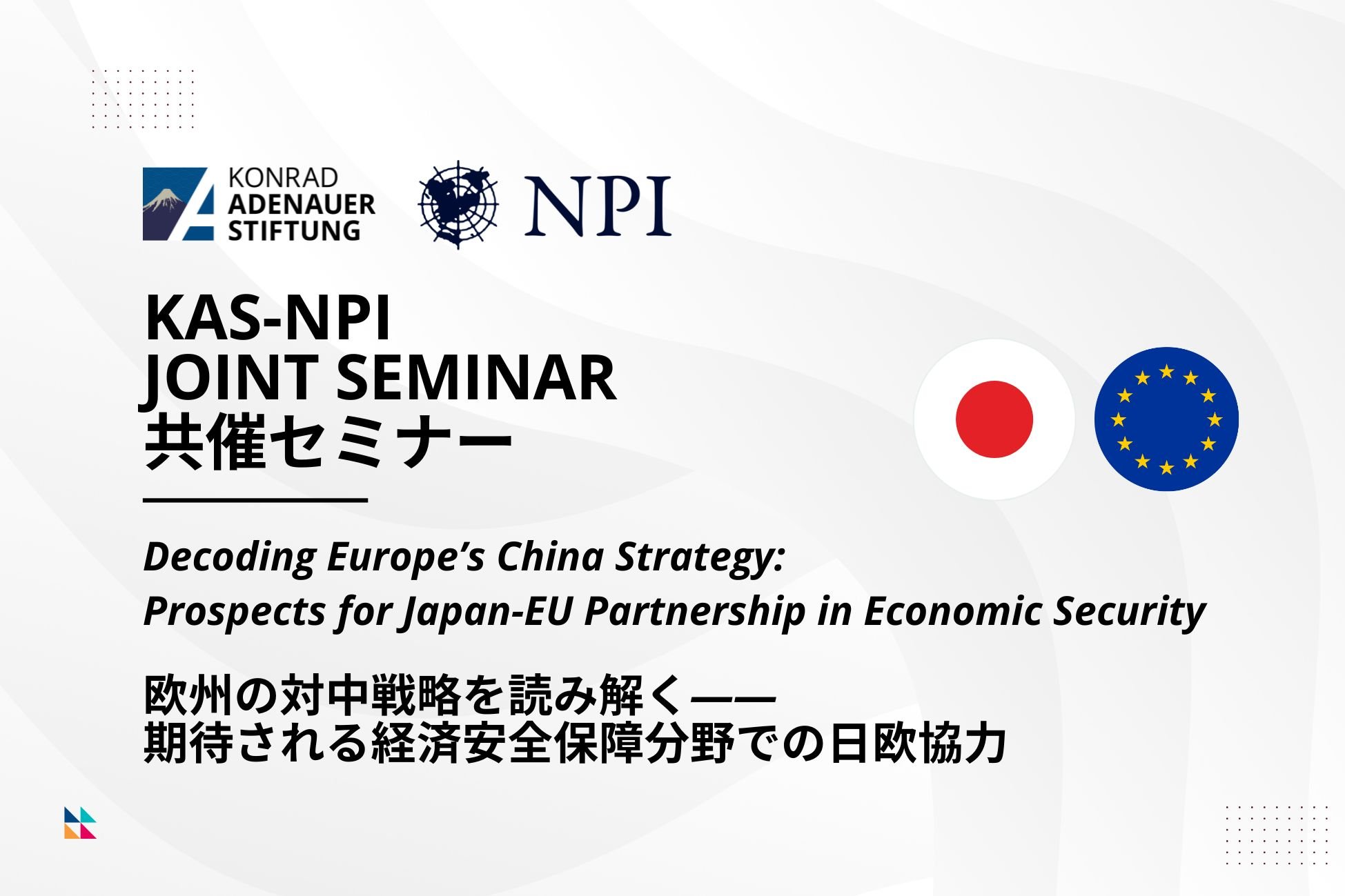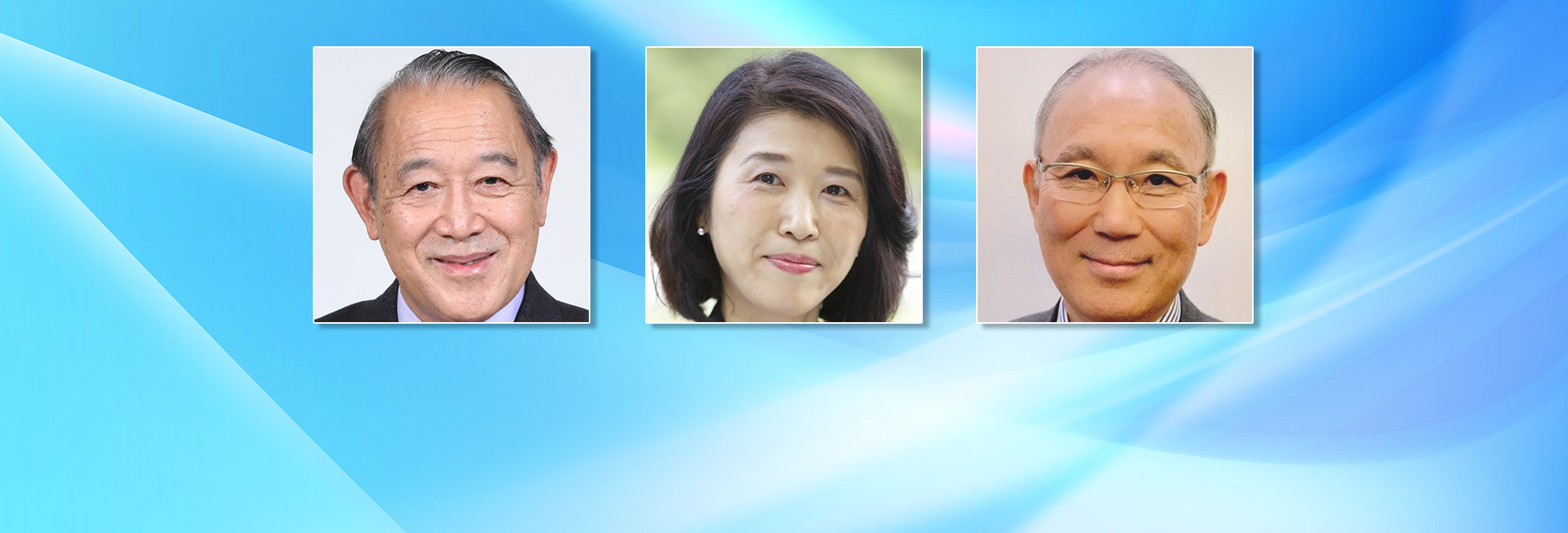2021/08/30
The August 26, 2021 session of the NPI series "Ask What You Want to Know" panel discussion on the "U.S.-China relationship: What is the U.S. thinking and what is China thinking? What are the prospects for the future?"
The NPI "Ask What You Want to Know" series is a forum in which leading researchers discuss issues of current interest and field questions from the attendees. NPI President Fujisaki Ichiro served as moderator of the event. The panelists, NPI Executive Director of Research ad interim, Kawashima Shin, Professor, the University of Tokyo, and NPI Senior Fellow Mori Satoru, Professor, Faculty of Law, Hosei University, answered questions from the attendees.
Questions submitted by the attendees at the time of registration for the webinar were organized into the following five groups.
1. What are the U.S. and China trying to do about the current conflict? What are their respective intentions?
The U.S. has long had a policy of engagement with China. There were expectations for China's democratization, the appeal of cheap labor and a huge market, and the view that China would not easily catch up with the U.S. However, now that China has become more powerful than expected, the U.S. is shifting from a "sunshine" or cooperative policy to a "north wind" or strict policy. Will it continue to take the severe route, or will it try to change at some point if there is a chance? On the other hand, both the U.S. and China have important domestic issues to deal with, such as infrastructure and economic stabilization. Is there any aspect of the U.S.-China conflict that is being used as a reason for domestic tightening and policy?
2. How are the U.S. and China trying to decouple their economies?
China's foreign trade, including that with the US, is growing and not falling. China remains a huge market and a manufacturing country, and economic relations with China are important for Japan as well. When you say "decoupling," is it safe to assume that the situation will remain the same? Or will the scope of the National Defense Authorization Act change? What are the points that Japanese companies should be aware of?
3. There seems to be a view in some quarters that "the U.S. has changed its policy line toward Taiwan," but what is the actual situation? What are China's intentions? How is Russia involved?
Even if China's military power will eventually rise, is it necessary for China to take action against Taiwan now that it is facing the U.S.? How does Taiwan itself view the situation? Will Russia get involved in the Taiwan issue?
4. How do you view criticism of the U.S. for the situation in Afghanistan?
What is the relationship between China and Afghanistan? "The U.S. abandoned Saigon and the Kurds in the end, and now it is putting America first in Afghanistan," some people say. Has U.S. credibility in the international community declined? Some people think that China may be strengthening its ties with Afghanistan. What can be said about the situation in Afghanistan from the perspective of U.S.-China relations?
5. How should Japan respond to the situation between the U.S. and China?
Both the U.S. and China have enacted a variety of regulations and legislation in the economic field. What measures are necessary for Japanese companies?As long as into the waters surrounding the Senkaku Islands, Japan's sentiment toward China is unlikely to improve. What does China think about its relationship with Japan, and what should Japan do about it?






